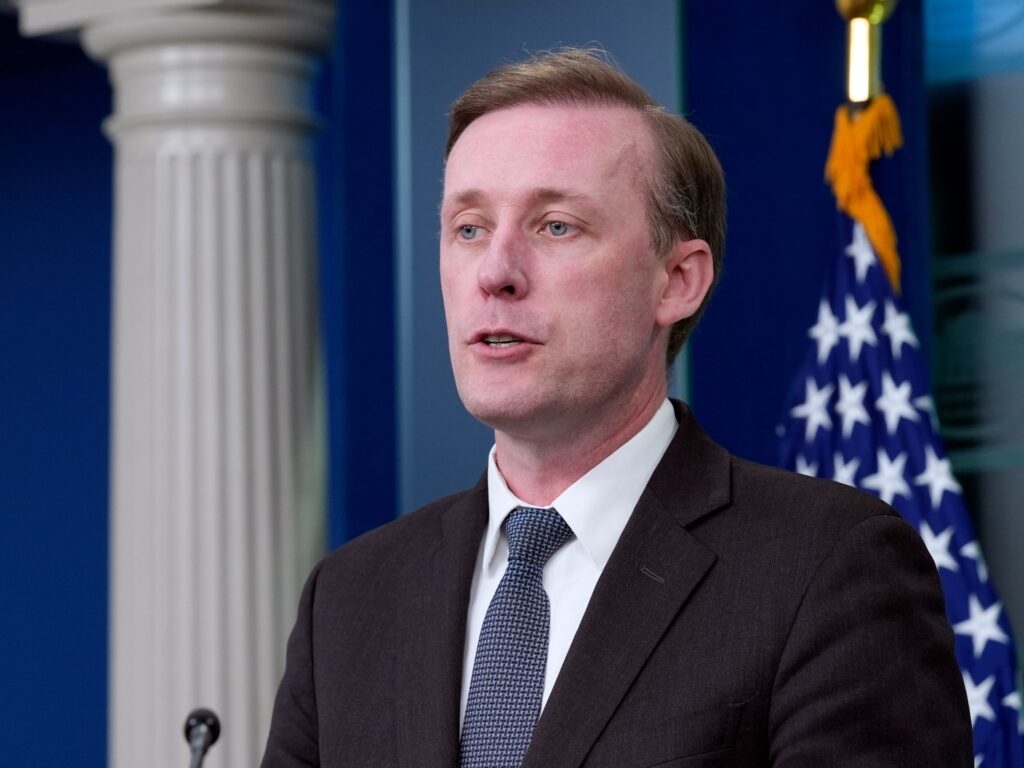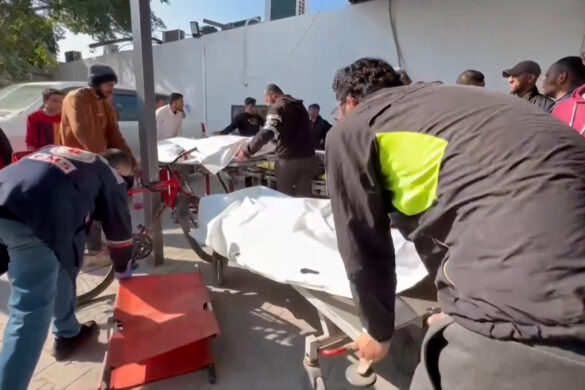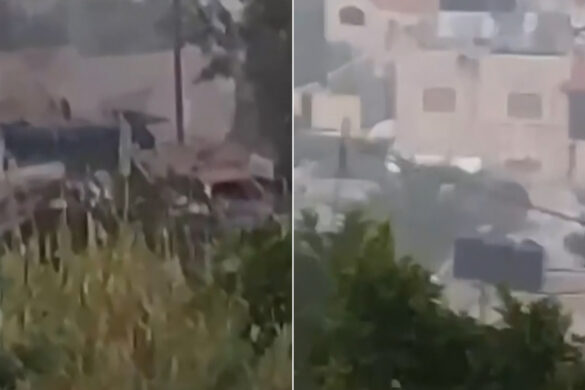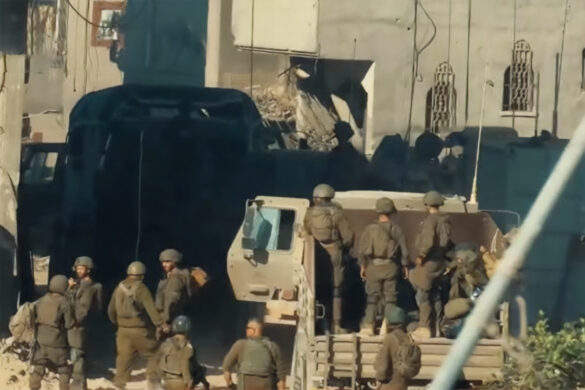US National Security Advisor Jake Sullivan said that the United States categorically refuses to describe what is happening in Gaza as genocide, and at the same time called for pressure on the Islamic Resistance Movement (Hamas).
Sullivan said during a press conference on Monday, “We do not believe that what is happening in Gaza is genocide. We have registered a categorical rejection of this assumption.”
He added that Israel must do its utmost to protect innocent civilians in Gaza, as he put it.
Sullivan reiterated Washington’s stated position regarding the invasion of the city of Rafah in the southern Gaza Strip, saying that any major military operation carried out by Israel there “would be a mistake.”
A week ago, the Hamas movement announced its approval of the mediators’ proposal for a ceasefire in the Gaza Strip and an exchange of prisoners, but on the same night the Israeli occupation army began an attack on the eastern neighborhoods of the city of Rafah, and occupied the Rafah land crossing, and its forces are also trying to penetrate the Jabalia camp, north of the Strip, and into the Al-Zaytoun neighborhood. In Gaza City.
Despite this, the US National Security Advisor said, “The world must call on Hamas to return to the table and agree to the agreement.”
Sullivan repeated what US President Joe Biden said the day before yesterday, Saturday, that “a ceasefire is possible tomorrow if Hamas releases the hostages,” referring to Israeli detainees in Gaza.
He added that the United States is working “tirelessly to reach a ceasefire and release the hostages, but we do not know when this will be achieved.”
Meanwhile, the US State Department said that Secretary Anthony Blinken spoke with his Egyptian counterpart Sameh Shoukry today and reiterated that Washington does not support a major Israeli army operation in Rafah.
Earlier, the US State Department said in a statement that Blinken made a phone call with Israeli Defense Minister Yoav Gallant on Sunday evening, and informed him of Washington’s position rejecting a large military operation in Rafah, while the land crossings continued to be closed for the seventh day in a row.
The ministry stated that Blinken asked the Israeli minister to facilitate the entry of humanitarian aid into the Gaza Strip.
Despite mounting international warnings of the consequences of expanding Israeli attacks in Rafah, the occupation army on Saturday ordered the displacement of residents of neighborhoods in the city center, thereby expanding its operations that began in the eastern neighborhoods.
International organizations described the humanitarian conditions in the Gaza Strip as catastrophic, with the continued closure of crossings, the destruction of more vital installations, the killing of women and children, and the displacement of about 360,000 Palestinians from Rafah within a week, according to the United Nations.




